| |
Edward Bear
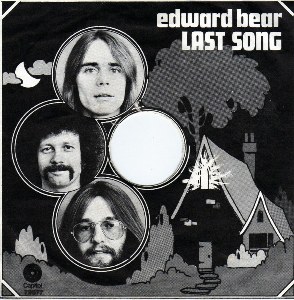
Last Song / Best Friend - 7"
Capitol - 1972
Michael Panontin
|
Unrequited love. There is no greater source of inspiration in pop music. For Larry Evoy, that force was powerful, and as it turns out, quite real.
"That one girl...I don't know how many songs were about her, six at least."
One of those was the million-selling 'Last Song', whose mawkish opening line ("Did you know I'd go to sleep and leave the lights on?") is etched into the brains of anyone who was alive in the early seventies. "I would actually go to sleep with my light on, hoping that she'd think I was still awake and would drop by," Evoy told the Canadian Songwriters Hall of Fame. "The song meant exactly what it said: you know 'the girl is gone,' and that 'I'm sort of over it now'."
When 'Last Song' was issued in October 1972, Edward Bear were a different beast from their earlier blues-belting days. Drummer/singer Evoy and keyboardist Paul Weldon were still there. But Danny Marks, the group's original guitarist, had left after their second LP, 1970/s Eclipse, and was replaced by Roger Ellis. Bill Loop had stepped in on bass, and Bob Kendall and Gene Martynic were brought in to handle additional keyboards and synthesizer, respectively.
Evoy and the band were living in a rooming house on Davenport Road in central Toronto when he wrote 'Last Song'. "I had gotten a piano with the intention of learning how to play. And so I tried to translate what I was hearing in my head onto the piano as much as I could," Evoy explained. "I used to have these black spiral books from Grand & Toy that I would write in. I would have the lyrics and melody in my head and then I would write them down. It may have taken me a week to complete the song from start to finish."
'Last Song' was recorded at Thunder Sound in Toronto with Martynec producing and Dr. Music's Doug Riley handling the arrangement. Evoy knew right from the get-go that he had a hit on his hands. But Capitol, he recalls, needed a little push to get on board. "[They] showed some interest but weren't like 'Oh my god, this is a killer song'. It took a few weeks for the song to catch on."
Interestingly, as with many hit records at the time it was CKLW-AM in the Windsor/Detroit area that was the catalyst. "Once they started playing the song on high rotation, it beamed straight into the States, even before the song had been released on the American label."
Which means 'Last Song' was blasting through potentially millions of radios stateside without any wax available in the shops. But Capitol had an idea. "A guy by the name of Bill Bannon drove down to Detroit by himself with a trunk full of 'Last Song' records and salted the record stores with free records for them to have in stock. We had no idea that he did this at the time." And as Evoy sees it, without that push, CKLW would have eventually dropped the record and it would not have been picked up for release in the US.
'Last Song' was phenomenally successful, hitting the top position in Canada for two weeks in February 1973, as well as scoring an impressive #3 slot south of the border and #2 down under. For Evoy, the reason for its popularity was simple. "If you hit a certain emotional frequency with people, it resonates with them, kind of like a tune fork. It's like a frequency of emotion. I really felt what I wrote...and I think that became apparent to other people."
|
|
Suggestions
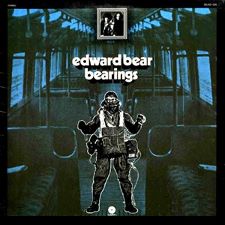
Edward Bear
Bearings
Capitol
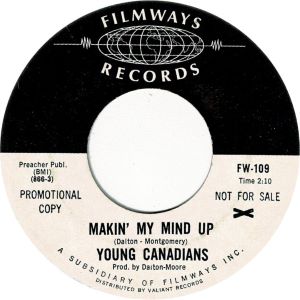
The Young Canadians
Makin’ My Mind Up / Satisfied Mind - 7"
Capitol
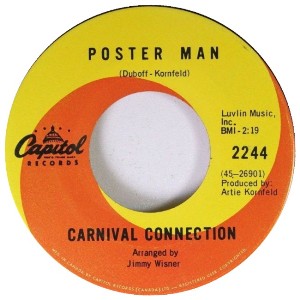
Carnival Connection
Poster Man / Alfred Appleby - 7"
Capitol
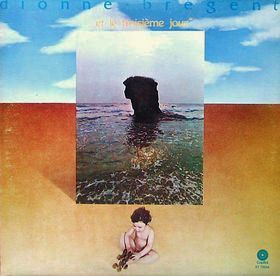
Dionne-Bregent
...Et le Troisieme Jour
Capitol
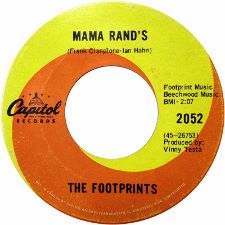
The Footprints
Never Say Die / Mama Rand's - 7"
Capitol
|








